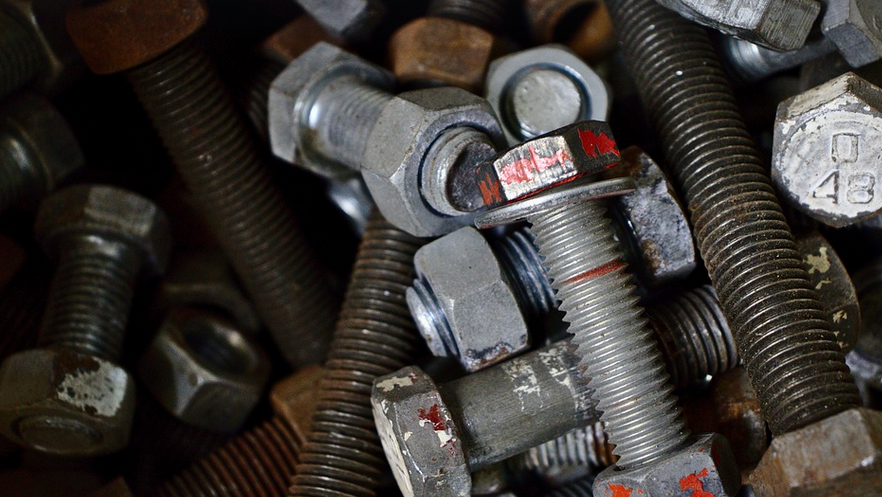
What Knives Are Illegal In Nj: A Guide For 2025
Navigating the Knife Laws of New Jersey
Hey there, fellow New Jersey resident or visitor! Whether you’re a seasoned outdoorsman, a budding chef, or just curious about your rights and responsibilities when it comes to knives, understanding the laws surrounding them in New Jersey is crucial. The Garden State has specific regulations on knife types for various reasons. This guide will delve into what knives are illegal in NJ for 2025, helping you stay safe and compliant with the law.
Let’s start by addressing the elephant in the room: New Jersey takes knife laws seriously. These laws aren’t just about keeping the streets safe; they also aim to prevent violent incidents and protect public safety overall. So, before you grab your favorite pocketknife for a backyard project or that afternoon camping trip, make sure you understand what types of blades are legal and which ones are not.
First off, let’s talk about the “general” rules. New Jersey classifies knives based on their potential for harm. This classification is crucial for understanding which knives are permitted in various situations.
What Kind of Knives Are Illegal In NJ?
The most common category of knives that fall under New Jersey law is the “criminal” or “prohibited” class, including certain types of blades that pose a significant threat if misused.
This category covers: **Fixed-Blade Knives:** Most people know this as “hunting knives,” but in NJ they include any knife with a fixed blade that’s longer than six inches. These often have dangerous sharpness on their edges, making them less suitable for casual tasks.
**Switchblades:** Also known as “flick-knives,” these blades open and close rapidly and are inherently more likely to cause harm because of the increased force needed in use than traditional knives.
**Sharp Knives with a Specific Purpose:** In NJ, there are specific restrictions on sharp objects you might find around your house. For instance, razor-blade-type blades for shaving, or sharp metal edges used to cut through materials like plastic bottles, can be considered harmful and regulated.
**Other Classifications With Specific Rules:** Some knives fall into a category not directly related to their overall sharpness but instead by their intended use. For example, scissors are generally viewed as “less dangerous” than other blades, although they are still subject to the same legal regulations in New Jersey.
Why Are These Laws Important?
The law behind knife restrictions has several important reasons:
**Public Safety:** The overarching principle is public safety. These laws aim to reduce the likelihood of self-harm and violence in the state. New Jersey, like many other states and countries, understands that stricter controls on knives might be necessary to ensure the well-being of its citizens.
**Criminal Reduction:** In an effort to deter crime and make communities safer, these restrictions aim to limit access to weapons that could be used for malicious purposes.
**Preventing Accidents:** These restrictions on knives also aim to prevent accidental injury, especially in public spaces where children or vulnerable individuals might come into contact with sharp objects.
What You Need To Know: A Quick Guide For 2025
Here’s a quick overview of what you need to remember when it comes to knives and legal regulations in New Jersey for 2025:
Need More Info? You’re In the Right Place!
If you have any more questions or need clarification about specific types of knives and their legal status in New Jersey, don’t hesitate to contact your local law enforcement agency or consult with a legal professional.
Remember: Staying informed about knife laws is crucial for ensuring safe and responsible use. This guide aims to provide you with the basics in 2025, but it’s always best to refer to official resources for the most up-to-date information.